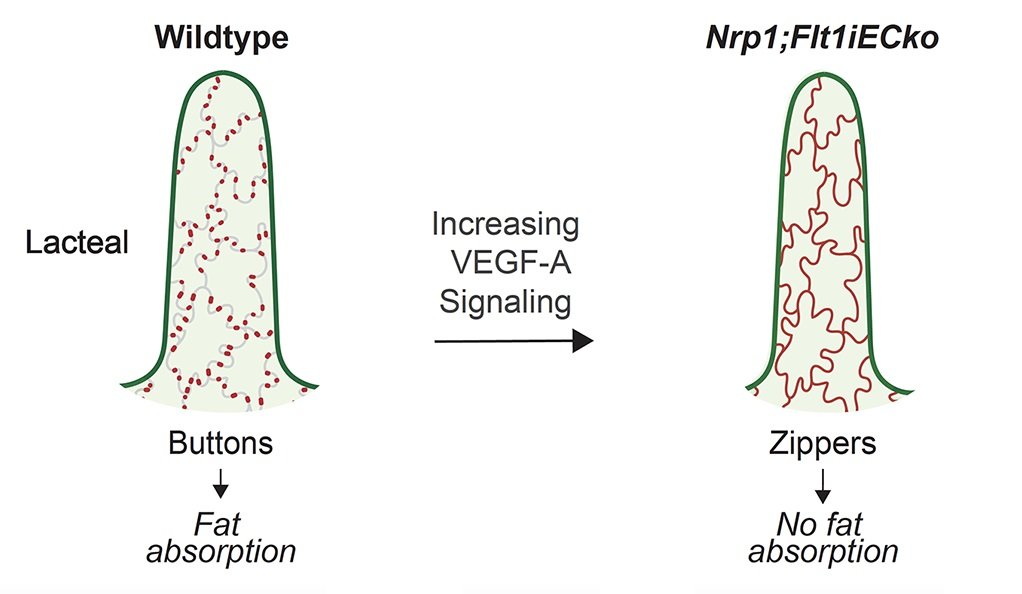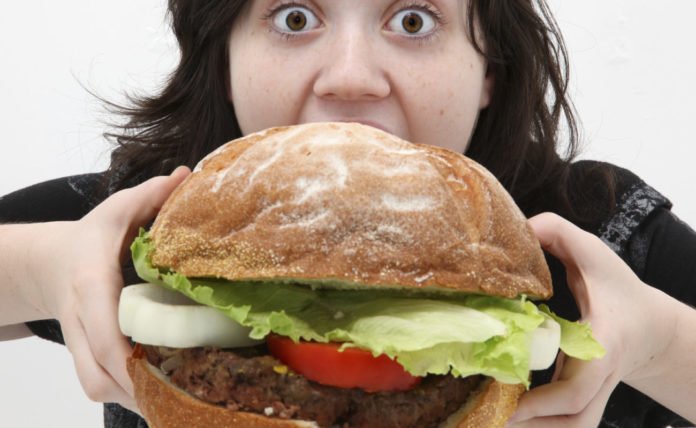Scientists at Yale University have accidentally discovered a drug that enables foodies to eat more without gaining weight. While creating a morbidly obese mouse, they managed to come up with one that eats but doesn’t get fat.
During their experiment, scientists edited out two genes in lymphatic tissue and prevented the uptake of fat particles called chylomicrons, thinking it would make the mice fat. But despite eating a high-fat diet, the mice actually stayed skinny. The mice lacking the two genes excreted lipids and gained little weight despite being fed a high-fat diet.
Scientist Feng Zhang discovered that the absence of two molecules helped “zip up” specialized vessels in lymphatic tissue and prevent the uptake of fat particles called chylomicrons.
Lipids are taken up in lymphatic tissue in the gut through entries in vessels called lacteals. Much of the time, the passage of lipids to the vessels is controlled through effectively penetrated button-like structures. In any case, in mice lacking vascular endothelial development factor 1 and neuropilin1, vessels progress toward becoming “zippered,” and lipids are discharged as opposed to taken up by vessels. Zippering can be likewise prompted in ordinary mice by hindering the Rho kinase ROCK.

Anne Eichmann, Ensign Professor of Medicine (Cardiology), noted that an inhibitor of ROCK is already used in a drug to treat glaucoma and could be tested for its effects on lipid uptake and weight gain as well.
The “failure,” published in the journal Science, posed the question: Could this be done in humans?
So far, experts have only been able to switch the genes off in rodents, but that doesn’t mean that with further research, it won’t be available for people.
Eichmann said, “We found that such drugs also close the pores of the lymphatic vessels in the gut and inhibit fat uptake. They could be tested in humans for lipid-lowering effects.”
